|
Juggling a remote career while raising your little ones is no small feat. Between important meetings and diaper changes, parents often struggle to keep all the balls in the air. Navigating this complex landscape calls for well-thought-out strategies that make life easier without compromising either work or family. Read on for essential guidance that will help you not only survive but also thrive in this dual role. In this article from Serenity Birth, you’ll discover some invaluable tips for managing both work commitments and parenting duties more proficiently.
Keep Young Ones Safe: A Child-Friendly Office Space Ensuring your child's safety is the cornerstone of effective remote working for parents. Create an office space that is free from potential risks to young ones. Outlet covers, safety gates, and tethered electrical cords should be part of your child-friendly setup. The peace of mind that comes from knowing your child can play safely in your workspace enables better concentration on your work tasks. And if you need to make some bigger renovations, the good news is that there’s an added benefit: this can boost your home’s appraisal value, as well! To give yourself some additional peace of mind, you could consider installing a doorbell camera, as well. That way, you can watch out for unwelcome visitors. Doorbell cameras are affordable and easy to use, and there are plenty of troubleshooting tips available online if you run into any problems! Broaden Your Horizons: Going Back to School If you’re having trouble finding work, one great option for broadening your career prospects is going back to school. These days, online learning platforms are more flexible than ever, and are a perfect fit for stay-at-home parents. There are plenty of degree options available, too! For instance, if you have a knack for computers (or wish you did), start by exploring the benefits of pursuing an online computer science degree that can make you more marketable for remote work. Dress for Success: The Benefits of Proper Attire As a new parent, the wardrobe you choose can make a significant difference in your day. Opt for loungewear that is both stylish and cozy, allowing you to seamlessly transition between work and childcare duties. Specifically for nursing mothers, supportive nursing bras are an essential wardrobe item. Looking presentable during video calls while having the ease to breastfeed or pump can be a game-changer. Proper Planning: Make the Most of Your Business Structure The business structure you choose has a huge impact on your business. A limited liability company (LLC) comes with a variety of legal protections, not to mention LLC write offs:
Enlist Your Tribe: The Power of Shared Responsibilities The adage, "it takes a village," couldn't be more accurate. When you need to focus on high-priority work activities, don't hesitate to call in reinforcements. Whether it's your spouse taking the baby for a walk or a relative entertaining your toddler, external help can be crucial. Utilize your support network to create pockets of undisturbed time where you can work effectively. Efficient Communication: The Virtual Office Edition Not every work-related issue requires a meeting. When possible, tackle matters through written communication like emails. This approach saves valuable time that you can spend with your family. If a meeting is unavoidable, cut to the chase. By keeping conversations brief and to the point, you maximize efficiency, allowing you to return to your parenting duties sooner. Structure is Key: The Routine Route An organized day brings predictability, an asset when you're managing young children and work. Carve out a daily agenda that earmarks time for both professional and parental duties. A well-structured schedule helps your child know when you're accessible, harmonizing your dual responsibilities effectively.The Entrepreneurial Path: Own Your TimeIf remote work doesn't offer the flexibility you need, contemplate starting your own venture. Draft a comprehensive business plan and familiarize yourself with accounting best practices and marketing tactics. Free online resources can assist you in creating a logo that projects creativity and strength. Owning a business offers the added benefit of dictating your schedule, an invaluable advantage for parents. Zone of Focus: The Sacred Work Nook Creating a distinct workspace helps to establish clear physical and mental boundaries, which can assist in distinguishing work hours. Having a dedicated area for work reduces disruptions and promotes routine, easing the balance between career and family commitments. Ultimately, this setup fosters a more productive and harmonious environment at home. Tackling the challenges of remote work and childcare requires a blend of ingenuity and fortitude. Implementing these practical tips – from maintaining a routine, going back to school, and taking steps to provide peace of mind – helps you excel in both spheres of your life. Use these tools to be a competent professional while being an attentive parent, allowing you to successfully manage your multifaceted life. Guest Author: Emily Graham [email protected] mightymoms.net
0 Comments
 This guest article was provided by Emily Graham of MightyMoms.net. Photo via Pexels When you have kids, pretty much everything in your life changes. One area that many people might assume doesn’t change much is driving. However, new parents often find themselves worried about both the danger and the cost that comes with relying on a car for their family’s transport. Luckily, there are things you can do to address both. Buy the Car You Need Parenthood can send a lot of people into a car-driving frenzy, opting for models that are bigger and more expensive than what they really need. Time to be a smart shopper; stick to an affordable model that covers your basic requirements. According to Kelley Blue Book, some of the best affordable family cars include the 2022 Subaru Crosstrek and the 2022 Honda HR-V. Review Your Car Insurance See if you can save money on your car insurance. For example, if you are buying a second car (or already have one), you could get a multi-car discount, as long as all the cars on the policy are passenger vehicles garaged in the same household, with at least liability coverage. You can also bundle your auto and home insurance. Go Hands-Free A sobering 14 percent of all fatal car accidents in the U.S. involve the use of a mobile phone. If you are still guilty of the occasional peek at a text or work email, it’s time to eliminate this habit for your family’s safety. While smartphones obviously need to be hands-free while driving, they can also be a great navigational tool. That’s why a car charger is not only just what you need to keep from running out of juice before you reach your destination, but it’s also a great way to keep your hands off that phone and on the steering wheel. Get a Convertible Car Seat Convertible car seats involve a higher upfront cost than infant seats, and they are bulkier. However, they are cheaper in the long run, as you only ever have to buy one seat. Babylist has several recommendations for the best convertible car seats on the market, including a great budget option for $134.99. Remember: You should never buy car seats second-hand, and do not reuse car seats older than five years if you have more children. Know What Maintenance Your Car Actually Needs According to Reader’s Digest, there are several maintenance “rules” that are actually quite outdated. Most modern cars, for instance, don’t require regular tune-ups or lube jobs. You should, however, change the brake fluid every four or five years and get foggy headlights fixed professionally. Additionally, always read your manual; knowing your specific car’s needs will ensure you maintain it safely without wasting money. Have a Winter Emergency Kit If you don’t have a winter car emergency kit yet, now is the time to get one. This doesn’t have to be expensive. The priciest thing is a pair of jumper cables (under $30 at retailers such as Autozone) or some extra oil and antifreeze. The rest—food, blankets and extra clothes—can be brought in from home. Should you find yourself in a situation where you have to use your emergency kit, it’s important to remain calm. You can use deep breathing techniques to help you remain calm and clear headed. This will help you respond appropriately in emergency situations. Not only is it necessary to protect your family from the elements, it’s a good idea to do the same for your vehicle by parking it in a garage. If you do not have one, now is a good time to consider building one. Not only does a garage help your auto avoid damage from weather and other things such as falling limbs, it’s one of the most attractive amenities of a home when it comes time to sell. Parents worry about two things all the time: their children’s safety and how expensive having children is. Don’t let your car be yet another source of these anxieties. Driver safety doesn’t have to be expensive, and saving money on your car should never compromise your family’s safety. As long as you keep these two things in mind, you will be able to maximize driving safety while minimizing driving costs. Serenity Birth is South Bay's Pregnancy & Birth Concierge offering a holistic approach to pregnancy & birth. Patricia is an Experienced and Certified Birth Doula, Childbirth Educator, and Prenatal Yoga Instructor in Los Angeles. For more information, please visit our website or contact us today! 3/18/2020 0 Comments Top Questions Pregnant Women Should Ask Before Choosing a Doctor and Before Giving Birth As a birth doula and pregnancy yoga teacher, I know pregnant women have a boatload of questions as their due date approaches. Hopefully, you had a chance to ask these questions BEFORE even choosing your doctor. So often, mamas fail to plan ahead and get their questions asked until they're huffing and puffing in labor. And trust me. This is NOT the best time. To help out pregnant readers, I've prepared a list of the questions I believe it's in your best interest to get answered well in advance of when labor ensues. Knowing the answers to these questions will prevent disappointment, frustration, and unmet expectations. So print out this list, take it to your next doctor's appointment, and make sure you feel comfortable with the answers you get. After all, it's your body, your baby, your health, and you deserve to receive the kind of care you desire. Top Questions To Ask Your Doctor 1. Will you be the one delivering my baby? 2. What's your C-section rate compared to your hospital's average? 3. If I don't go into labor on my own, how long will you let me stay pregnant before inducing my labor? 4. If I think I'm in labor or my water bag breaks, should I call you or just come to the hospital? 5. How many people can I bring with me to the hospital? 6. If I want to walk around, eat, or take a shower during labor, will I be allowed? 7. Does your hospital limit how late in labor you can get an epidural? 8. Do you routinely cut episiotomies? 9. If necessary, do you prefer using forceps or a vacuum? How long will you let me push before breaking out the forceps or vacuum or proceeding to C-section? 10. If my baby has any unexpected complications, will the baby be kept with me at the hospital or transferred somewhere else? 11. What is your cesarean rate? What factors do you believe contribute to that rate? What is your VBAC rate? What are your standard protocols for VBAC mothers? 12. Will I be able to choose the position in which I will push and give birth such as, side-lying, all fours or squatting? Other questions you might want to ask, depending on the kind of delivery you desire, include: 1. How do you feel about professional labor support such as a doula or massage therapist joining my birth team? 2. Are midwives available at your hospital, and would you mind partnering with one if I choose to work with one? 3. Are you supportive of natural childbirth? 4. Will a lactation consultant be available to help me with breastfeeding? 5. If I require a Cesarean, will you do a double-layer suture? Knowing the strengths, limitations, and opinions of your doctor will help you avoid conflict when you've got other, more important things to worry about - like delivering a baby. To learn more about evidence-based childbirth education and a more wholistic approach to labor and deliver, contact me for a private class or learn about my semi-private group sessions. Remember, if you do not know your choices, then you do not have none. Knowledge is power. Empowering you to take your childbirth into your own hands. Are you a yoga teacher or birth doula looking to expand your services into teaching pregnancy yoga? Are you a health professional looking to get Continuing Education Credits? |
|
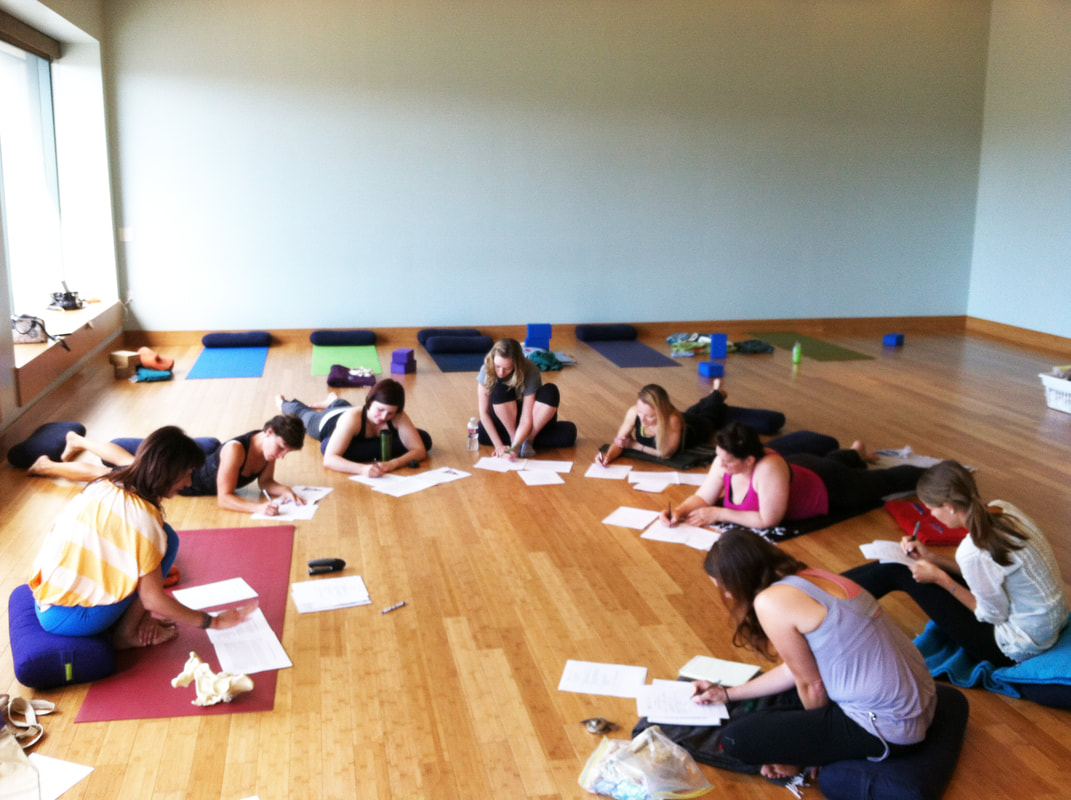

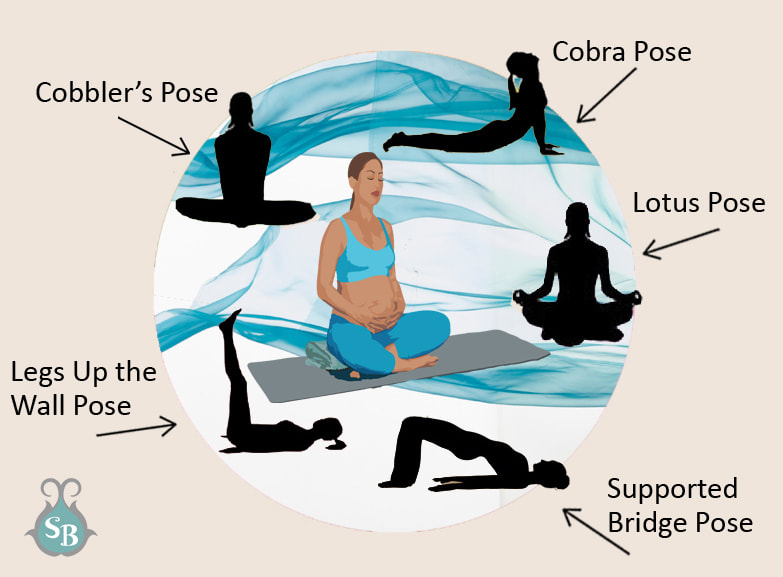
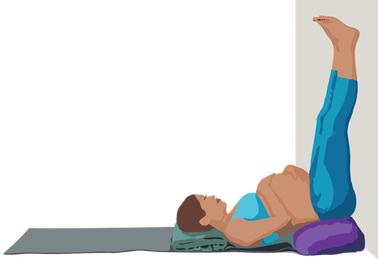
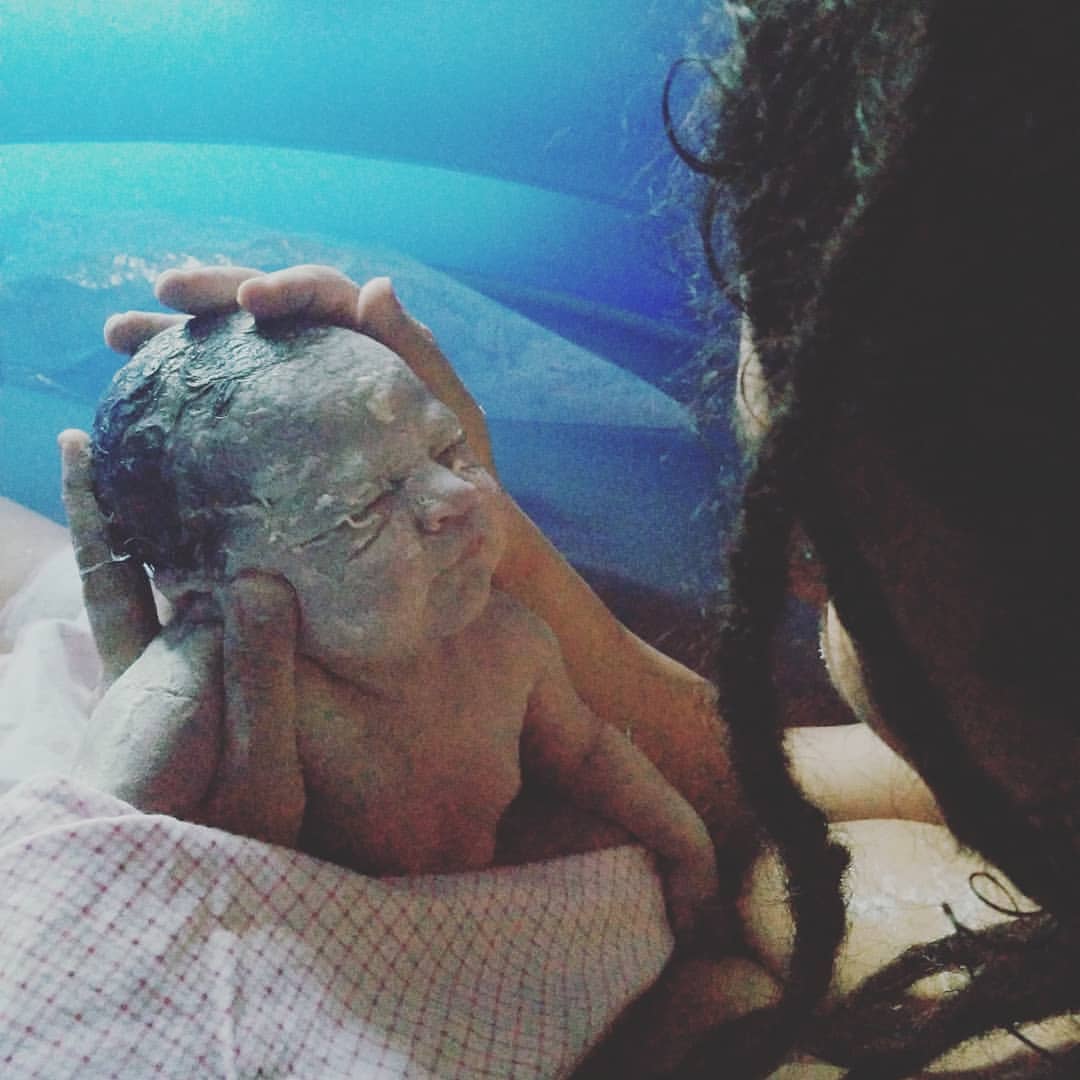
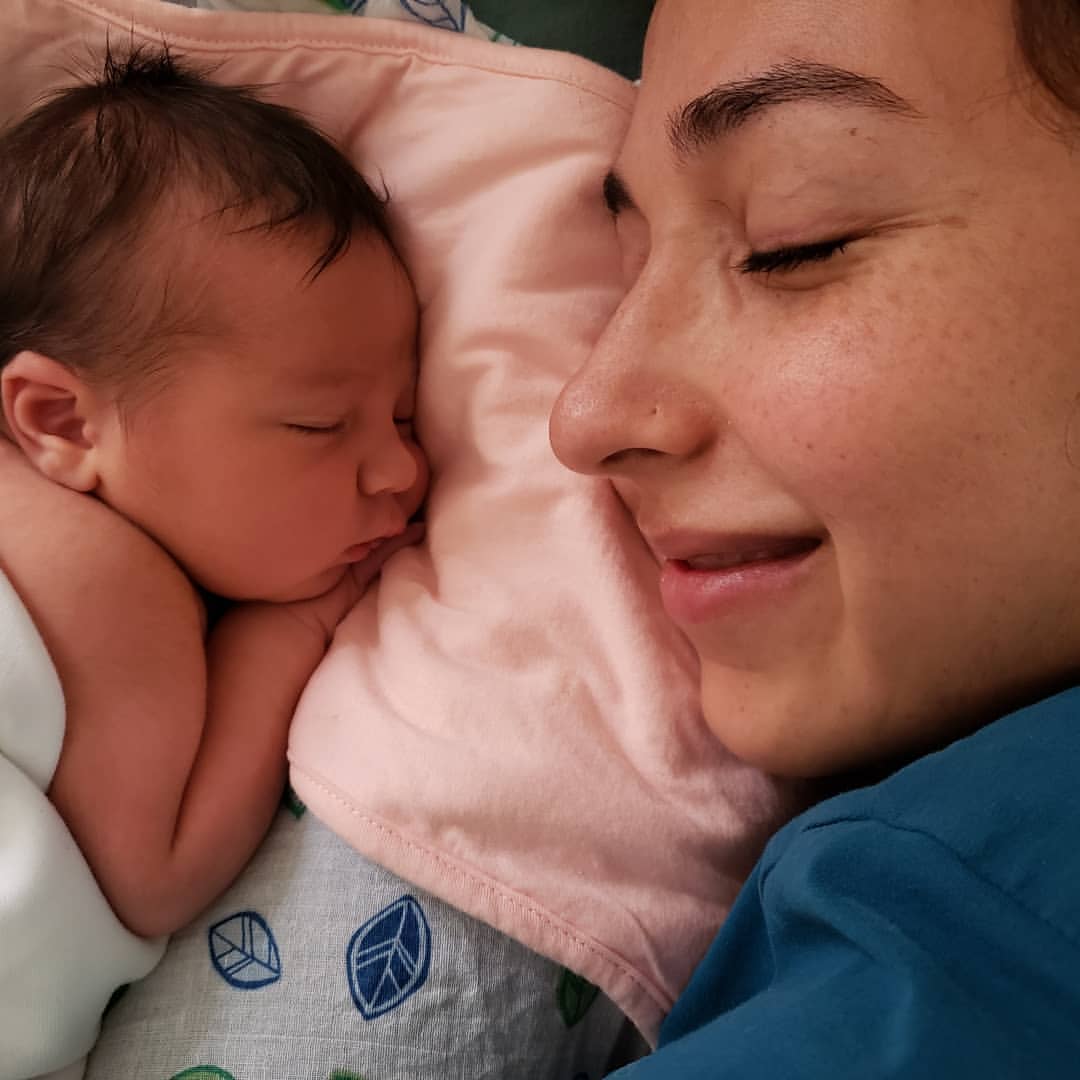

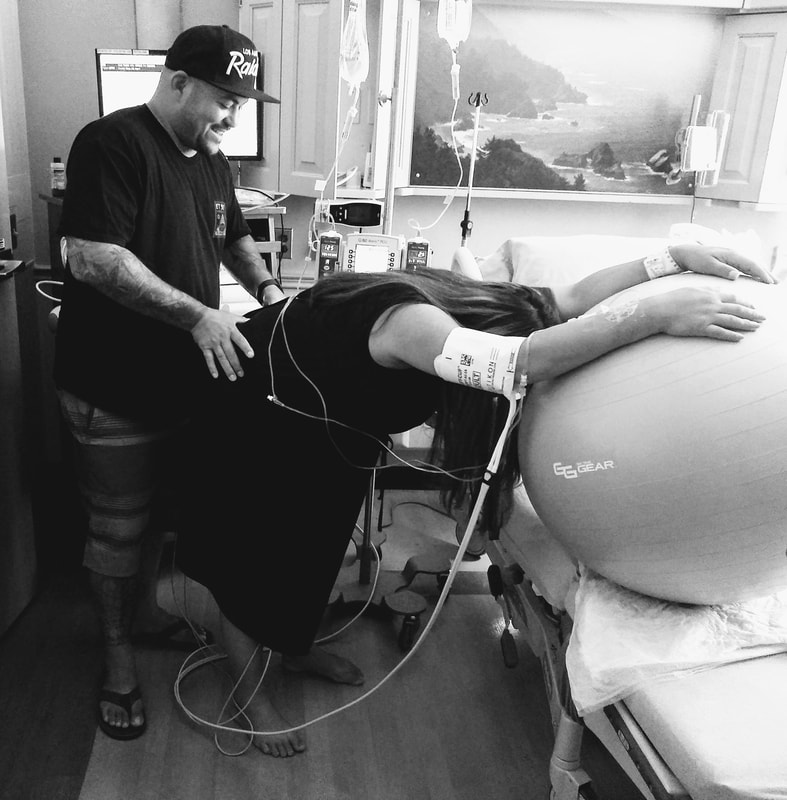
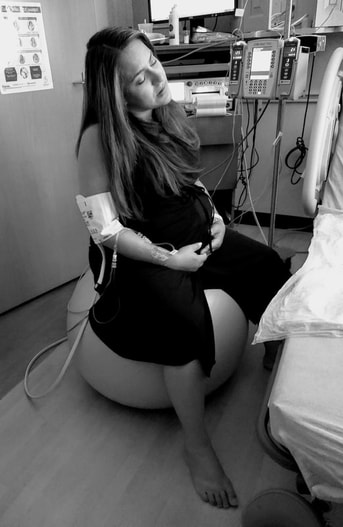
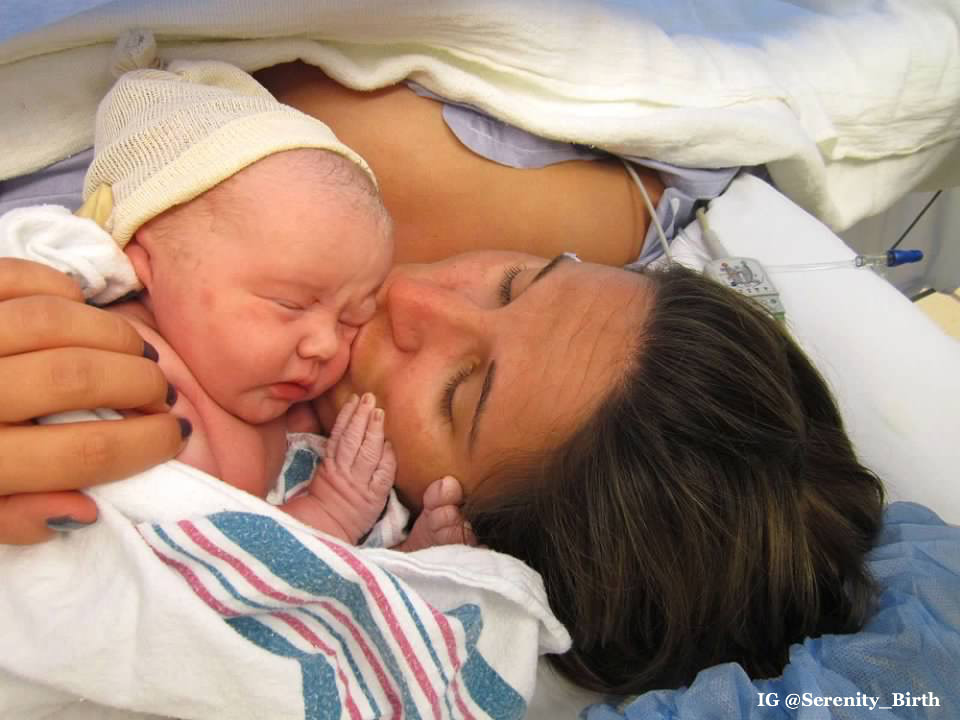
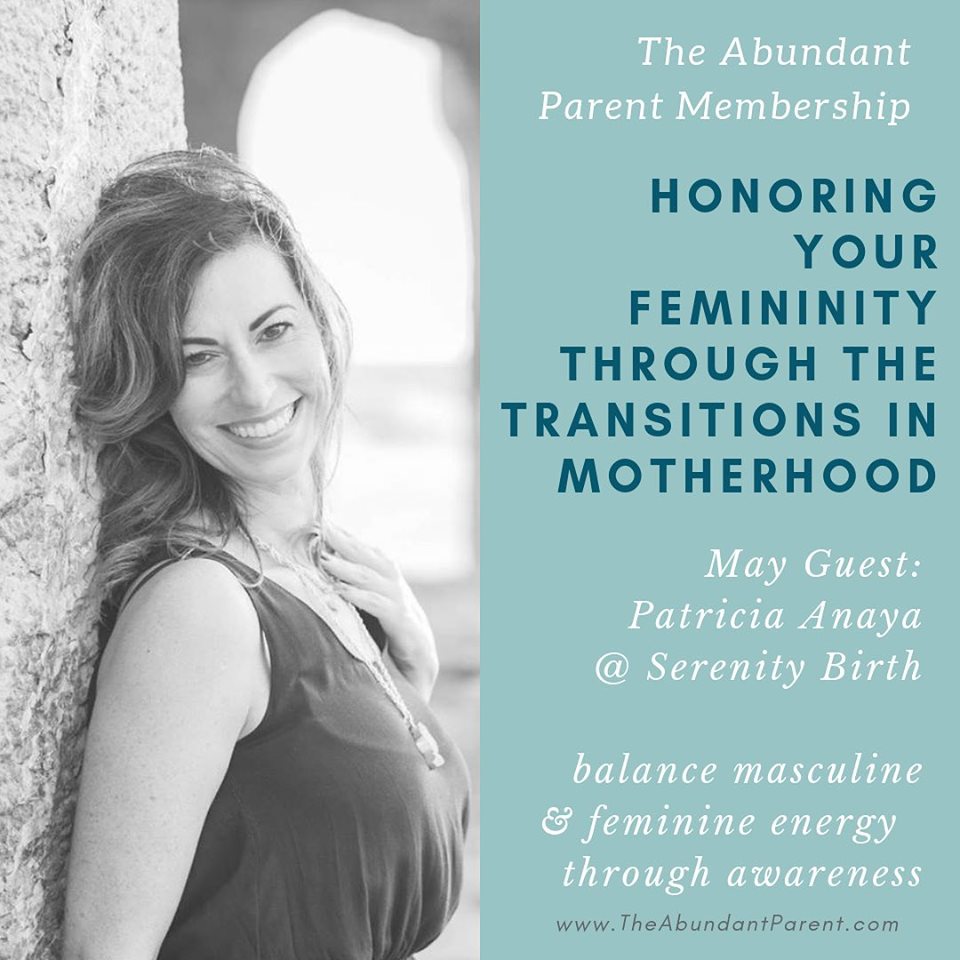
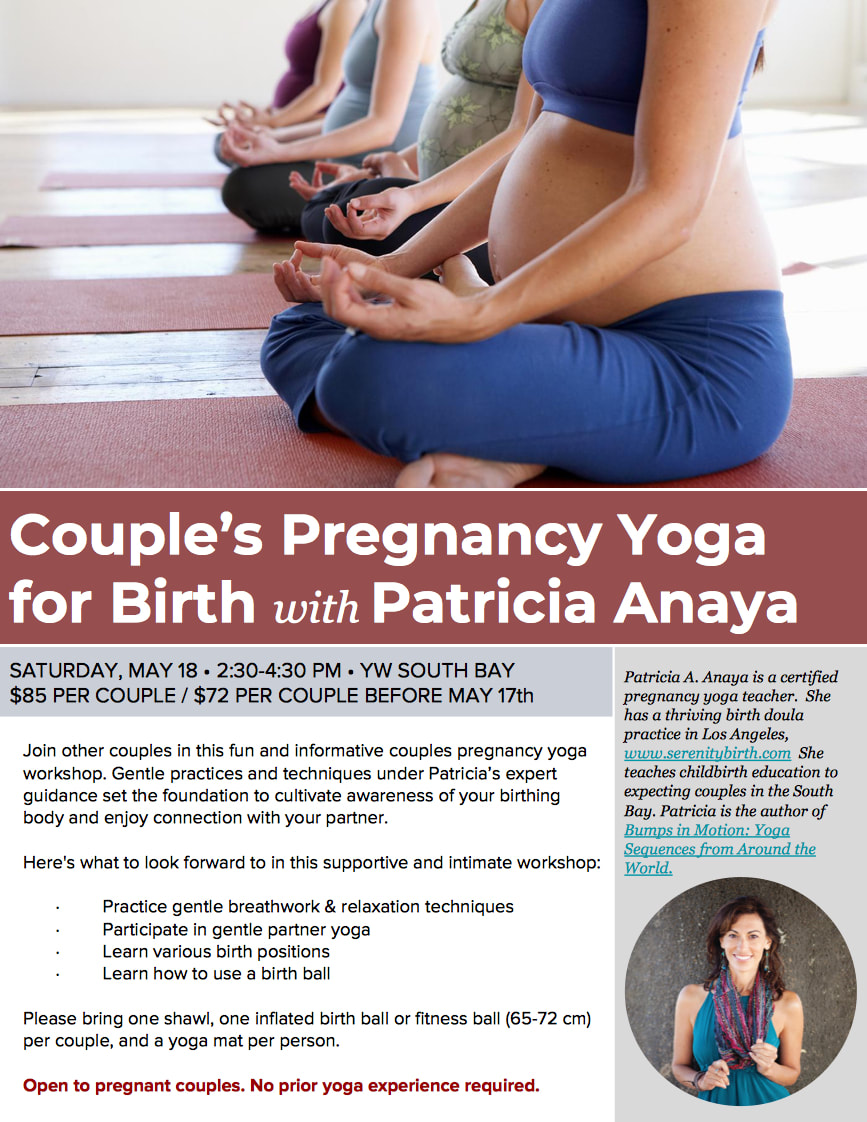
 RSS Feed
RSS Feed